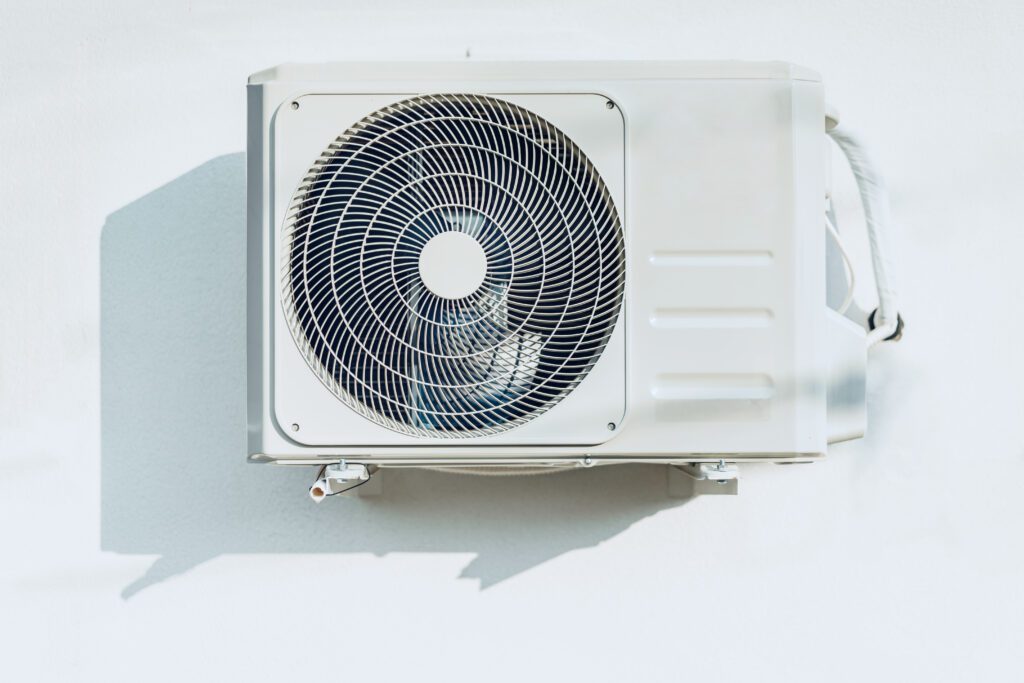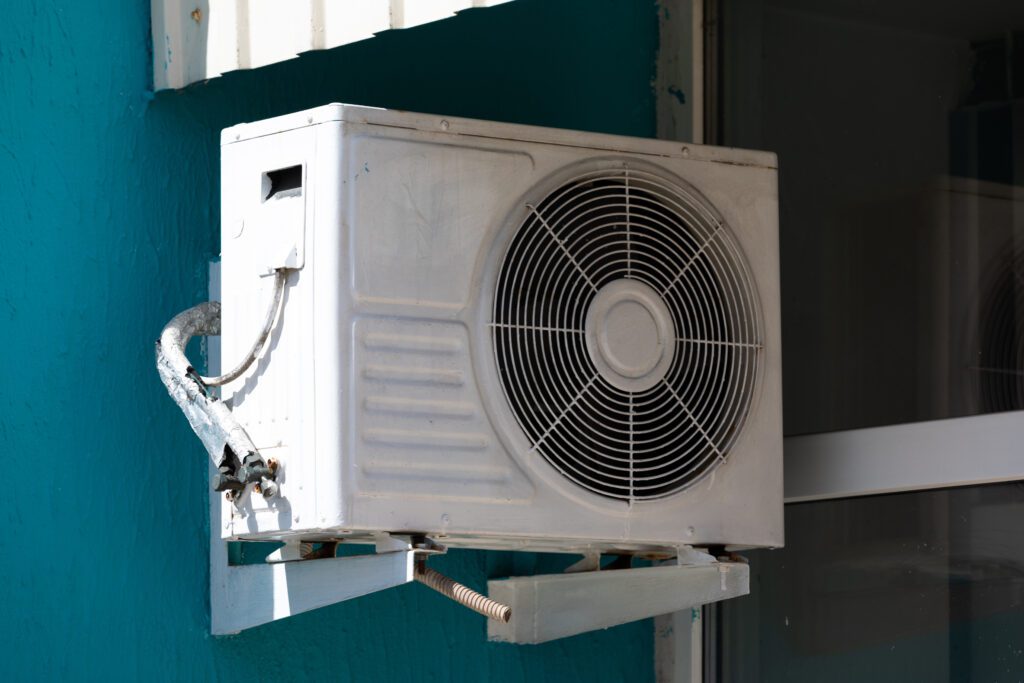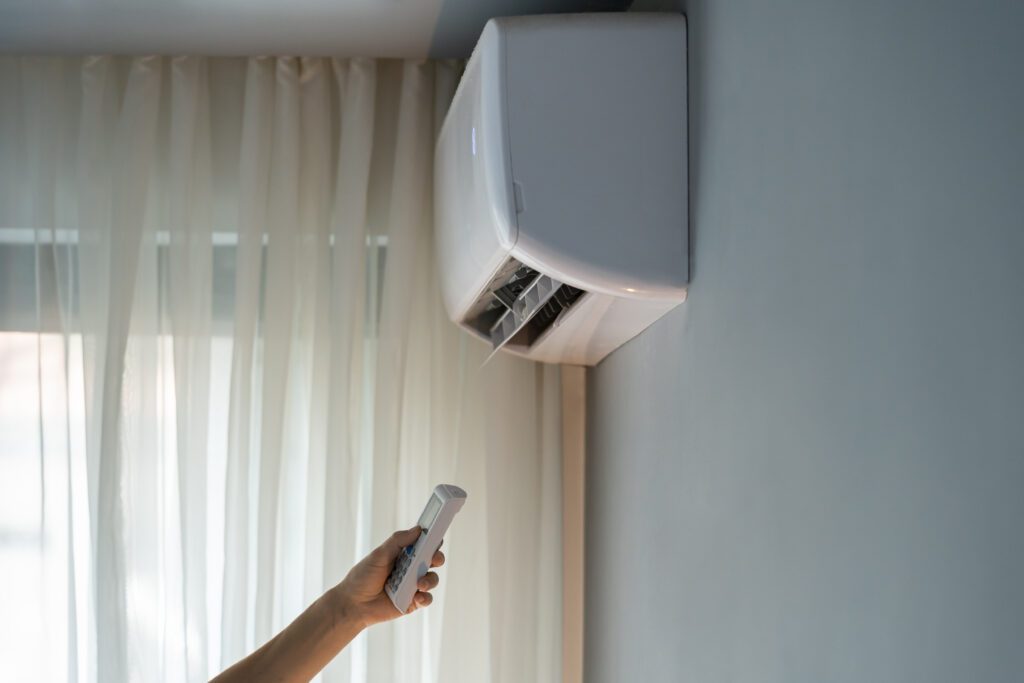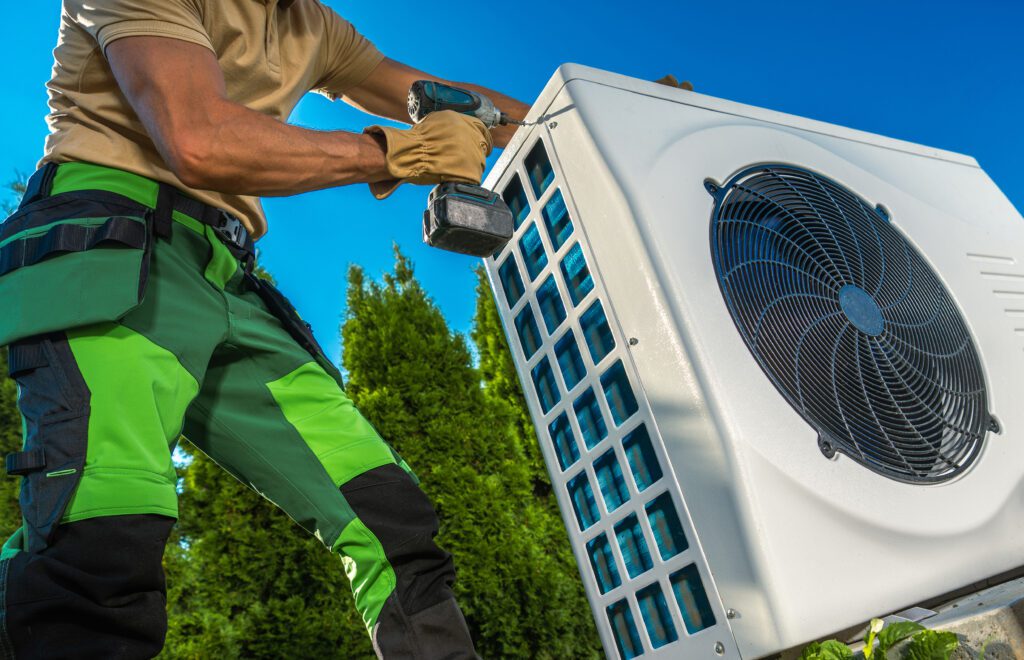Air conditioning units are essential for maintaining a comfortable indoor environment, especially during the hot summer months. But what happens when your AC unit breaks down? Is it worth repairing an AC Unit? Or should you consider replacing it? In this comprehensive guide, we will explore the various factors you need to consider when making this important decision.
Understanding the Basics of AC Unit Repairs
Before diving into whether it’s worth repairing your AC unit, it’s crucial to understand the basics of AC unit repairs. AC units are complex systems consisting of various components such as compressors, condensers, and evaporators. Over time, these components can wear out or become damaged, leading to issues with your AC unit’s performance.
When it comes to AC unit repairs, it’s essential to recognize the intricate interplay between these components. The compressor, often referred to as the heart of the AC system, pressurizes the refrigerant to cool the air. The condenser then releases the heat absorbed from the inside of your home, while the evaporator cools the air before circulating it back into the living space. Any malfunction in these components can disrupt the entire cooling process, resulting in discomfort and inefficiency.
Common Issues with AC Units
AC units can experience a range of common issues, including refrigerant leaks, faulty motors, clogged filters, and thermostat problems. All these issues can impact the efficiency and effectiveness of your AC unit, resulting in inadequate cooling or increased energy consumption.
Refrigerant leaks, for example, not only reduce the cooling capacity of the unit but can also pose environmental risks if left unaddressed. Faulty motors may lead to overheating and system failure, while clogged filters restrict airflow, making your AC work harder to maintain the desired temperature. Addressing these issues promptly is essential to ensure the longevity of your AC unit.
The Importance of Regular Maintenance

Regular maintenance plays a vital role in preventing major breakdowns and extending the lifespan of your AC unit. By scheduling annual inspections and tune-ups, HVAC professionals can identify and address potential issues before they become expensive repairs. Additionally, regular maintenance ensures optimal performance, resulting in lower energy bills and improved indoor air quality.
During a maintenance visit, technicians not only clean and inspect the various components of your AC unit but also check refrigerant levels, test electrical connections, and calibrate the thermostat. These proactive measures help in maintaining the efficiency of your system and can save you from costly repairs down the line. Investing in regular maintenance is an investment in the longevity and performance of your AC unit.
Evaluating the Cost of AC Unit Repairs
When faced with an AC unit breakdown, one of the key factors to consider is the cost of repair. While every repair situation is unique, evaluating the cost can help you determine if it’s worth repairing your AC unit.
It’s important to note that the cost of AC unit repairs can vary significantly based on a multitude of factors. These factors can include the age of the unit, the brand, and even the location of the unit within your home. For example, if your AC unit is located in a hard-to-reach area, repair costs may be higher due to increased labor and time requirements.
Factors Influencing Repair Costs
There are several factors that can influence the cost of AC unit repairs. The complexity of the repair, the availability of replacement parts, and the labor involved are all important considerations. In some cases, simple repairs such as replacing a faulty thermostat may be relatively inexpensive, while major repairs like compressor replacement can be more costly.
Additionally, the expertise and reputation of the HVAC technician you hire can also impact repair costs. A highly skilled technician with years of experience may charge more for their services but can provide a higher quality repair that lasts longer, potentially saving you money in the long run.
Comparing Repair Costs to Replacement Costs
When weighing the cost of repairs, it’s crucial to consider the alternative: replacing your AC unit. In some situations, the cost of repairs may exceed the value of your current unit, making replacement a more financially viable option. However, if the repair costs are reasonable and your AC unit is relatively new or of high quality, repairing could be the more prudent choice.
The Lifespan of an AC Unit

Understanding the typical lifespan of an AC unit can also help you decide whether repair or replacement is the better option. It’s crucial to consider various factors that can impact the longevity of your AC unit.
One significant factor that affects the lifespan of an AC unit is the climate in which it operates. AC units in regions with extreme temperatures or high humidity levels may experience more strain and wear, leading to a shorter lifespan. Additionally, the quality of installation plays a vital role in how long an AC unit will last. Improper installation can result in inefficiencies and premature breakdowns.
Average Lifespan of Different AC Models
The average lifespan of an AC unit varies depending on several factors, including the brand, model, frequency of maintenance, and usage. On average, AC units can last between 10 to 15 years. However, well-maintained units can exceed this lifespan, while units that receive minimal maintenance may fail prematurely. Regular maintenance, such as cleaning or replacing filters, checking refrigerant levels, and inspecting for leaks, can significantly extend the life of your AC unit.
Furthermore, technological advancements in newer AC models can also impact their lifespan. Older units with outdated technology may be less energy-efficient and more prone to malfunctions, leading to a shorter lifespan compared to newer, more advanced models.
Signs Your AC Unit May Be Nearing Its End
There are several signs that your AC unit may be nearing the end of its lifespan. These include frequent breakdowns, increased energy bills, uneven cooling, excessive noise, and outdated technology. If your AC unit is exhibiting these signs, it may be more cost-effective in the long run to replace it rather than continue to repair it. Investing in a new, energy-efficient AC unit can not only improve your home’s comfort but also save you money on utility bills in the long term.
Environmental Impact of AC Unit Repairs vs. Replacement
While financial considerations are important, it’s also essential to evaluate the environmental impact when deciding whether to repair or replace your AC unit.
Energy Efficiency Considerations
Newer AC units are often more energy-efficient than their older counterparts. By replacing your old, inefficient unit with a newer model, you can potentially reduce your energy consumption and carbon footprint. However, if your existing unit is still relatively efficient and the repair required doesn’t compromise its performance, repairing it may have a lower environmental impact.
Waste and Recycling Concerns
Replacing your AC unit means disposing of the old one, which can contribute to waste and recycling concerns. AC units contain refrigerants and other components that need to be properly handled to prevent harm to the environment. If you choose to repair your unit, you can avoid these disposal issues and reduce waste.
Making the Decision: Repair or Replace?

When contemplating whether to repair or replace your AC unit, consider the following factors:
When to Consider Repairing Your AC Unit
It may be worth repairing your AC unit if the repair costs are reasonable, the unit is relatively new, and the required repairs do not compromise its efficiency or performance. Regular maintenance and addressing minor issues promptly can extend the life of your unit and save you money in the long run.
When Replacement Might Be the Better Option
On the other hand, replacing your AC unit may be the better option if the repair costs are exorbitant, the unit is old, inefficient, or exhibiting signs of imminent failure. Upgrading to a newer, more energy-efficient unit can provide better long-term savings and environmental benefits.
In conclusion, deciding whether to repair or replace your AC unit requires careful consideration of factors such as repair costs, unit lifespan, energy efficiency, and environmental impact. Consulting with HVAC professionals can provide valuable insights and help you make an informed decision that best suits your needs and budget. Remember, regular maintenance is key to prolonging the lifespan of your AC unit and minimizing the need for major repairs.



